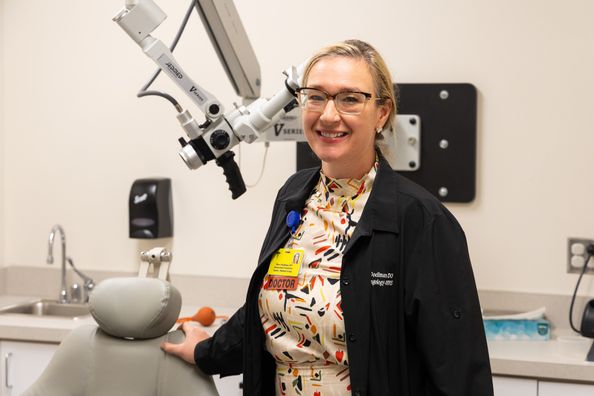A Little Background:
Plant-based diets are all the rage right now, but what does plant-based actually mean? The basic definition of a plant-based diet is one that emphasizes consumption of fruits, vegetables, whole grains, legumes, nuts, and seeds. Based on that definition, this would include the Mediterranean, pescatarian, vegetarian and vegan diets. Each of these is different, and since we’re all different, it’s important to find one that fits YOU! Consider budget, cooking skills, shopping habits, and food preferences when selecting a plant-based diet.
Vegan and vegetarian diets specifically are well researched and suggested to decrease the risk of diabetes, heart disease, obesity, and certain cancers. According to the Academy of Nutrition and Dietetics, an appropriately planned vegan or vegetarian diet is suitable for all stages of life. The key word is appropriately planned, meaning when you replace meat or animal products it’s what you replace it with that determines how beneficial this lifestyle will be.
So what gives, why is this so popular? There are many reasons some choose to follow these diets whether it be for health, environmental issues or motivated by animal-rights concerns. This is not some club you can be kicked out of; you should never feel guilty if you don’t perfectly fit one diet.
Can you Explain Plant-Based Diets:
Mediterranean:
This diet is based on how they ate in countries like Greece and Italy in the mid-20th century. It is well studied, and in many cases used therapeutically for those with a history of heart disease. The diet is rich in whole grains, legumes, fruit, and vegetables and low in red meat. Most animal protein comes from chicken or fish which is eaten just a few times weekly.
Pescatarian:
Those following this pattern of eating would not consume poultry or meat (pork, beef, deer, etc.) but would still consume fish and seafood a few times weekly. Like all plant-based diets whole grains, fruit, vegetables, legumes, nuts, and seeds are eaten regularly. Many following this diet are transitioning to a vegetarian diet although that is not always the case.
Vegetarian:
Vegetarians would not consume any poultry, fish, seafood, or meat product but may still consume eggs and dairy products. Whole grains, fruit, vegetables, nuts, and seeds make up the predominant foods.
Vegan:
Vegans consume no animal products at all, meaning no meat, poultry, fish, seafood, dairy, eggs, and in some cases honey (honey is widely debated as an animal product). Predominant foods still include Whole grains, fruit, vegetables, legumes, nuts, and seeds.
Bottom Line:
Plant-based diets can certainly be beneficial if done correctly. I would urge anyone switching to a plant-based diet to please see a dietitian, if possible. Reducing the intake of animal products can be healthy, but if we replace animal products with added fats, added sugars, and meat-free junk food that is far from a healthy pattern of eating. Simply looking up plant-based diets online or on social media often yields a lot of half-truths and downright lies, so having a dietitian to help figure it all out is a major benefit.
Similarly, for some, we may recommend supplements, but going online and deciding to take over the counter supplements and herbs can be dangerous if you have not consulted your medical team or primary care doctor. Even natural supplements and herbs can interact with medications, so it’s best to get some assistance in figuring out what is really best for your health to stay on the safe side.
If you are interested in this style of eating look for credible sources instead of over-hyped documentaries and internet gurus. If it sounds too good to be true, it is! Certainly, this way of eating is healthful, but watch out for over the top health claims or testimonials. If you would like to set up an appointment or need assistance with your diet, please contact Nutrition Services at 217−222−6550 ext: 3481.
Health Topics:







